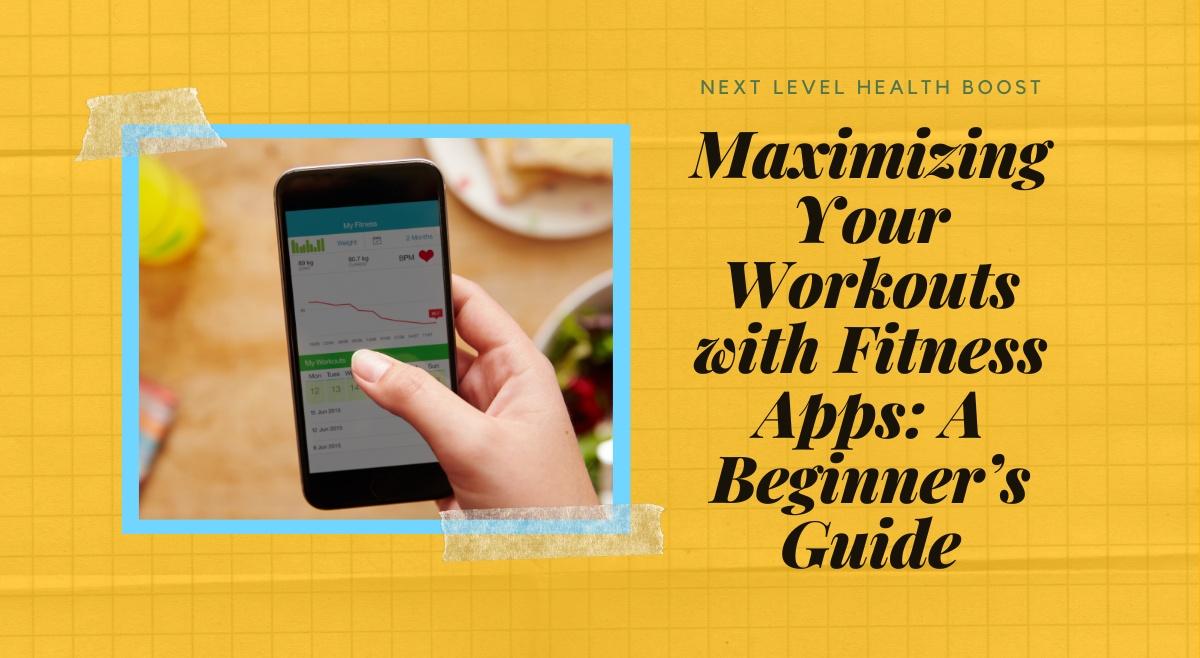Fitness workout trackers, whether in the form of apps or wearable devices, have surged in popularity due to their numerous benefits for individuals looking to improve their health and fitness levels. Here’s a comprehensive look at why using these trackers can be a game-changer for your workouts:
1. Enhanced Accountability
Having a digital log of your workouts encourages consistency. Seeing your progress or noting the gaps in your exercise routine can motivate you to set and stick to your fitness goals.
2. Personalized Insights
Many fitness trackers offer personalized insights based on the data they collect. This means they can provide recommendations tailored to your specific activity levels, heart rate zones, and recovery needs.
3. Goal Setting
Fitness trackers allow you to set specific goals, like daily step counts, active minutes, or calorie burn targets. Having clear objectives can help you stay focused and gives you a sense of achievement as you hit those milestones.
4. Monitoring Progress Over Time
Trackers document your progress over time, allowing you to see improvements in your fitness levels. This can include faster running times, increased strength, or improved heart rate recovery, which are all indicators of your growing fitness level.
5. Encouraging Healthy Competition
Some fitness trackers have social features that allow you to connect with friends or join challenges. This can spur on friendly competition and motivation, pushing you to work out a little harder.
6. Data-Driven Decision Making
With the detailed data these trackers provide, you can make informed decisions about your health. For example, understanding your sleep patterns can help you make changes to improve your sleep quality, which is crucial for recovery and performance.
7. Integration with Other Health Apps
Fitness trackers often integrate with other health apps, creating a comprehensive health overview by combining exercise data with information on your diet, sleep, and other habits.
8. Convenience and Ease of Use
The convenience of having a fitness tracker on your wrist or smartphone makes it easier to incorporate fitness into your daily routine. Most trackers are user-friendly, with interfaces designed for quick overviews and deep dives into your health metrics.
9. Safety Features
Some wearable fitness trackers come with safety features like fall detection, emergency SOS signals, and live location tracking, which can be particularly reassuring if you often work out alone or in remote areas.
10. Boosting Motivation with Notifications
Reminders and notifications can serve as prompts to get you moving. Whether it’s time to stand up and stretch or a nudge to start your daily workout, these little cues can help you make healthier choices throughout the day.
11. Variety and Fun
Many trackers offer a variety of workout modes and even gamified experiences, which can make exercising more fun and less of a chore. By changing up your activities, you can keep your workouts fresh and engaging.
12. Improved Sleep Analysis
Some fitness trackers provide insights into your sleep patterns, such as sleep stages, disturbances, and overall sleep quality. Better sleep is associated with improved recovery and performance.
13. Aid in Weight Management
Trackers can help in weight management by providing estimates of calories burned during exercise and daily activities. When paired with dietary tracking, they can be a powerful tool for managing weight.
By providing detailed feedback on your physical activities, encouraging regular movement, and fostering healthy habits, fitness trackers can be a valuable asset for anyone looking to enhance their health and wellness journey. Whether you’re a seasoned athlete or just starting out, these devices can provide the insights and motivation needed to achieve your fitness goals.
Fitness Apps
Maximizing your workouts can be significantly aided by the use of fitness apps, which can offer guidance, track your progress, and keep you motivated. For beginners looking to get started with fitness apps, here are some recommendations that include both free and paid options.
For a comprehensive fitness journey, Future Online Personal Training is recommended as the best overall fitness app. It provides personalized training programs, daily follow-ups, and accountability through communication with a certified fitness professional. Although at a higher price point of $199 per month, it offers an immersive training experience with the convenience of having a personal trainer virtually by your side. It’s available on both iOS and Android platforms.
If you’re on a budget but still want quality guidance, Living.Fit is a good choice. It’s highlighted as the best budget fitness app, offering various workouts without breaking the bank. It’s a great entry point for those who want to keep costs low while getting fit.
For those who are into strength training, Juggernaut AI is tailored to provide a robust strength training regimen. It’s ideal for individuals looking to focus on building muscle and increasing strength through a structured program.
When it comes to free options, Nike Training Club stands out as the best free fitness app. It offers a variety of workouts and is a solid option for those who are starting out and want to try different types of exercises without an initial investment. It’s available for both Android and iOS users.
For cyclists and endurance athletes, Strava is highly rated. It’s particularly good for tracking your bike routes and runs, and it has a strong community aspect that allows for social interaction and participation in group challenges. While it has a premium version, the free tier offers plenty of features to satisfy the needs of most users.
Lastly, for beginners who want an app that is user-friendly and provides a range of workout types, FitOn is recommended. It’s praised for being intuitive and inclusive, offering everything from cardio to yoga, and even has guided courses for chronic health conditions.
Each of these apps has its own set of strengths, and the best one for you will depend on your specific fitness goals, the type of training you enjoy, and whether you prefer to use free or subscription-based services. Remember, the most effective fitness app is one that you’ll consistently use and enjoy as part of your daily routine





